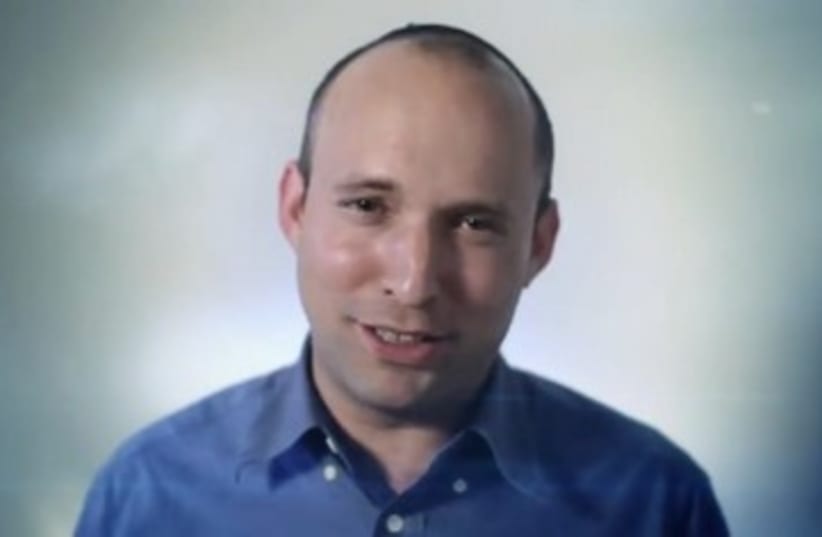Bayit Yehudi: Don’t blow this opportunity
Candidly Speaking: Bayit Yehudi must not blow this unique opportunity to reform Israeli society, bring an end to the era of haredi domination, promote Jewish values and enable religious Zionism to reclaim the central religious role in the state.
